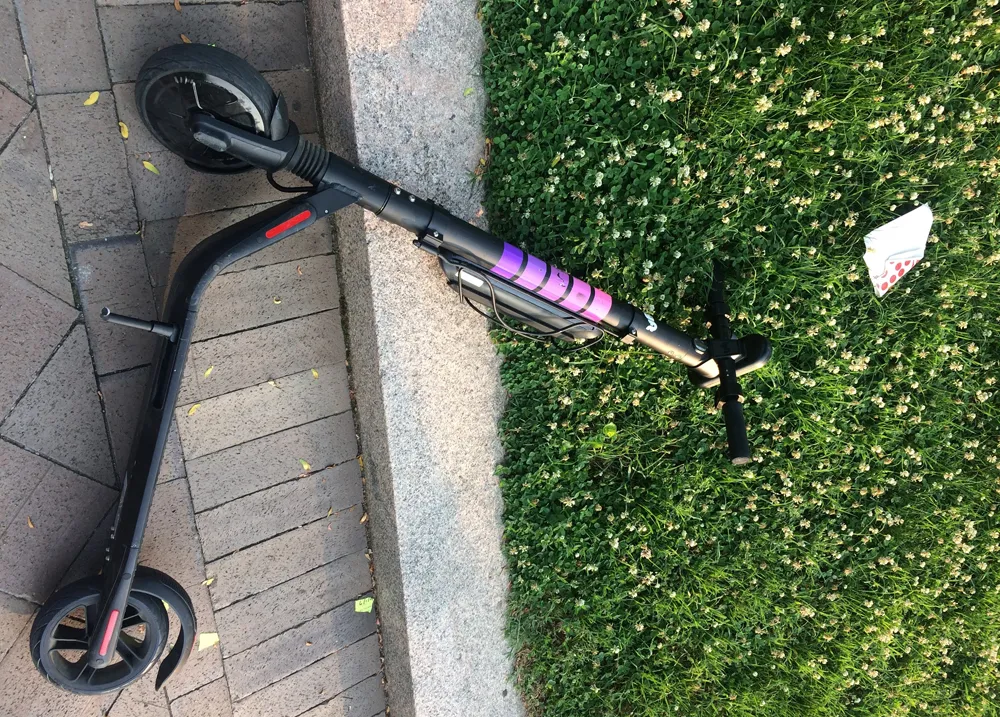California’s Santa Clara Valley Transportation Authority (VTA) has launched the first phase of its 290km conversion of high occupancy vehicle (HOV) lanes to Express Lanes, or commonly known as high occupancy toll (HOT) lanes, with TransCore serving as lead integrator for the project. The US$11.8 million programme comes at a crucial time in Silicon Valley as it prepares for an expected 38 per cent growth in population over the next 20 years and funding for transportation improvements is projected to grow at
April 3, 2012
Read time: 2 mins
RSSCalifornia’s 1791 Santa Clara Valley Transportation Authority (VTA) has launched the first phase of its 290km conversion of high occupancy vehicle (HOV) lanes to Express Lanes, or commonly known as high occupancy toll (HOT) lanes, with 139 Transcore serving as lead integrator for the project. The US$11.8 million programme comes at a crucial time in Silicon Valley as it prepares for an expected 38 per cent growth in population over the next 20 years and funding for transportation improvements is projected to grow at only a fraction of that amount.
VTA is implementing the Silicon Valley Express Lanes programme to provide congestion relief in one of its major Bay Area commuter corridors. As part of the programme, the SR 237, U.S. 101, SR 85 and parts of I-680 corridor will convert the existing HOV lanes to express lanes.
The first phase of the project focused on the intersect of the major north to south interstate I-880, from Oakland south into San Jose, with SR 237, the east to west freeway. Carpools as well as clean air vehicles, motorcycles, and transit buses will continue to use the lanes free of charge. Express Lane fees will be collected electronically using the radio frequency identification (RFID)-based electronic toll collection technology already in use on the San Francisco Bay Area Bridges and elsewhere in California. Enforcement will be provided by the1855 California Highway Patrol.
“TransCore’s traffic engineering experience combined with our knowledge implementing every aspect of electronic toll collection, from system integration to manufacturing RFID technology, allowed us to tackle challenging design aspects that VTA faced and develop a solution that addresses the traffic concerns experienced in this corridor,” explained Michael Mauritz, TransCore managing director for the Western region.
Nationally, TransCore has supported HOT lane deployments on America’s first HOT installation on I-15 in San Diego as well as Houston Metro’s deployment earlier in the year, Miami’s I-95 Express, Seattle’s SR 167, and Salt Lake City’s I-15.
VTA is implementing the Silicon Valley Express Lanes programme to provide congestion relief in one of its major Bay Area commuter corridors. As part of the programme, the SR 237, U.S. 101, SR 85 and parts of I-680 corridor will convert the existing HOV lanes to express lanes.
The first phase of the project focused on the intersect of the major north to south interstate I-880, from Oakland south into San Jose, with SR 237, the east to west freeway. Carpools as well as clean air vehicles, motorcycles, and transit buses will continue to use the lanes free of charge. Express Lane fees will be collected electronically using the radio frequency identification (RFID)-based electronic toll collection technology already in use on the San Francisco Bay Area Bridges and elsewhere in California. Enforcement will be provided by the
“TransCore’s traffic engineering experience combined with our knowledge implementing every aspect of electronic toll collection, from system integration to manufacturing RFID technology, allowed us to tackle challenging design aspects that VTA faced and develop a solution that addresses the traffic concerns experienced in this corridor,” explained Michael Mauritz, TransCore managing director for the Western region.
Nationally, TransCore has supported HOT lane deployments on America’s first HOT installation on I-15 in San Diego as well as Houston Metro’s deployment earlier in the year, Miami’s I-95 Express, Seattle’s SR 167, and Salt Lake City’s I-15.








